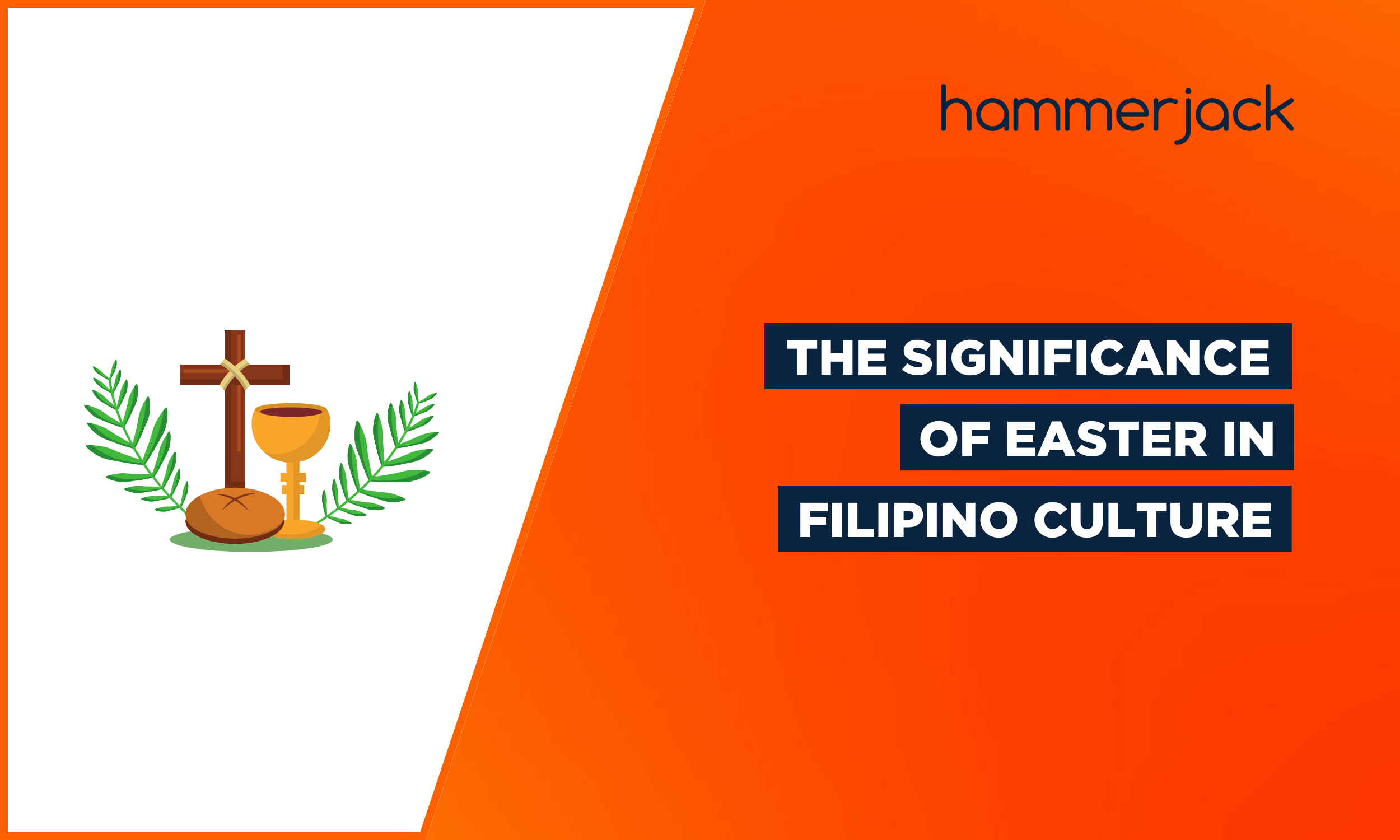Significance of Easter in Filipino Easter
Easter is a profoundly significant occasion for people around the world, particularly those who observe Christianity. In the Philippines, a predominantly Catholic nation, Easter is a time of fervent devotion, vibrant traditions, and heartwarming family gatherings. This article aims to delve into the importance of Easter for Filipinos, exploring the unique customs, spiritual significance, and cultural practices that shape the way it is celebrated in the Philippines.
A Time for Renewal and Reflection
Easter in the Philippines is a time for spiritual renewal and reflection. As the culmination of the Holy Week, or Semana Santa, Easter Sunday commemorates the resurrection of Jesus Christ and signifies the triumph of good over evil. This pivotal event in the Christian faith is observed by Filipinos with utmost reverence and devotion, as it is an opportunity to reaffirm their faith, seek forgiveness, and draw closer to God.
Vibrant Religious Observances
Easter celebrations in the Philippines are characterized by an array of religious observances and colorful customs. The week leading up to Easter, known as Holy Week, is marked by various rituals and traditions, such as the “Pabasa” (the continuous chanting of the Passion of Christ) and “Visita Iglesia” (visiting seven different churches on Maundy Thursday).
One of the most anticipated events during Holy Week is the “Salubong,” which takes place on Easter Sunday before dawn. It is a dramatic reenactment of the encounter between the Risen Christ and His mother, the Virgin Mary. This emotionally charged event features processions involving both statues, with a young girl dressed as an angel symbolically lifting the veil of sorrow from the Virgin Mary’s face.
Blessings and Family Ties
Easter is an occasion for Filipinos to strengthen family ties and honor the blessings they have received throughout the year. Families come together to attend Mass, share meals, and engage in meaningful conversations. For many, it is a time to express gratitude for life’s blessings and to pray for continued guidance and protection.
Traditional Easter Delicacies
Filipinos have a penchant for culinary delights, and Easter is no exception. The holiday is an opportunity to indulge in various traditional delicacies. One such treat is “binignit,” a sweet concoction made from glutinous rice, root crops, fruits, and coconut milk. Another popular Easter dish is “kakanin,” a variety of rice cakes enjoyed by families during the holiday.
Community Engagement
Easter celebrations in the Philippines also provide an opportunity for communities to come together in shared devotion and festivity. Parishes organize activities such as “Palaro ng Lahi,” traditional Filipino games for children, as well as performances and concerts showcasing local talents. These activities not only add a touch of merriment to the Easter celebrations but also help preserve Filipino heritage and culture.
Easter holds a special place in the hearts of Filipinos. As a deeply religious and family-oriented nation, the Philippines embraces the spiritual significance of Easter, upholding the essence of faith, renewal, and gratitude. The unique customs, traditions, and communal activities that characterize Easter celebrations in the Philippines serve to reinforce the bonds between family, community, and faith.

